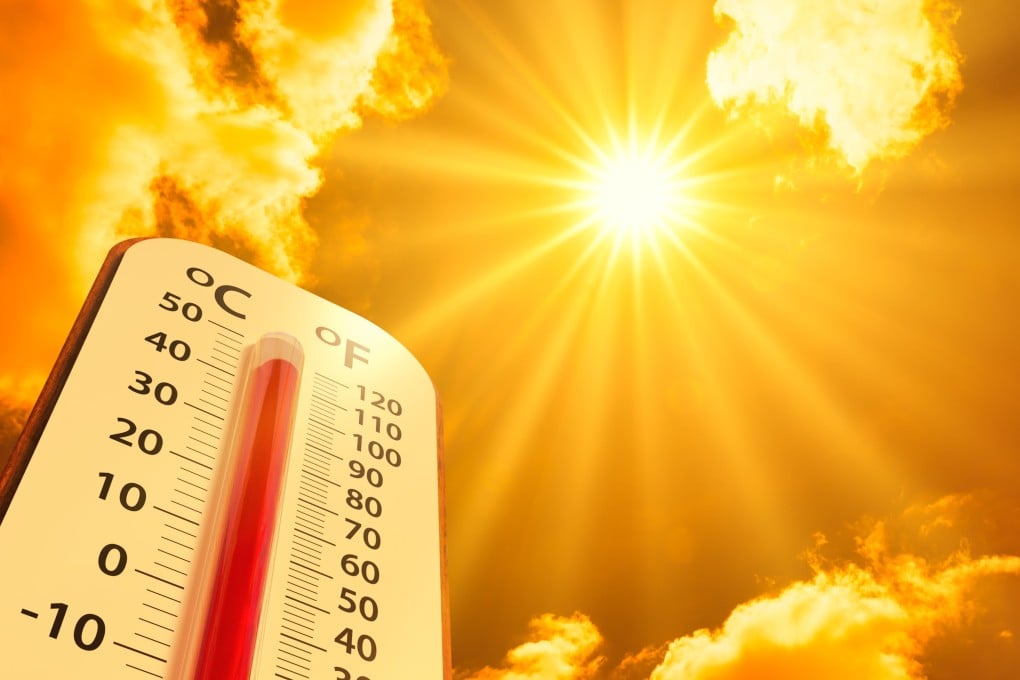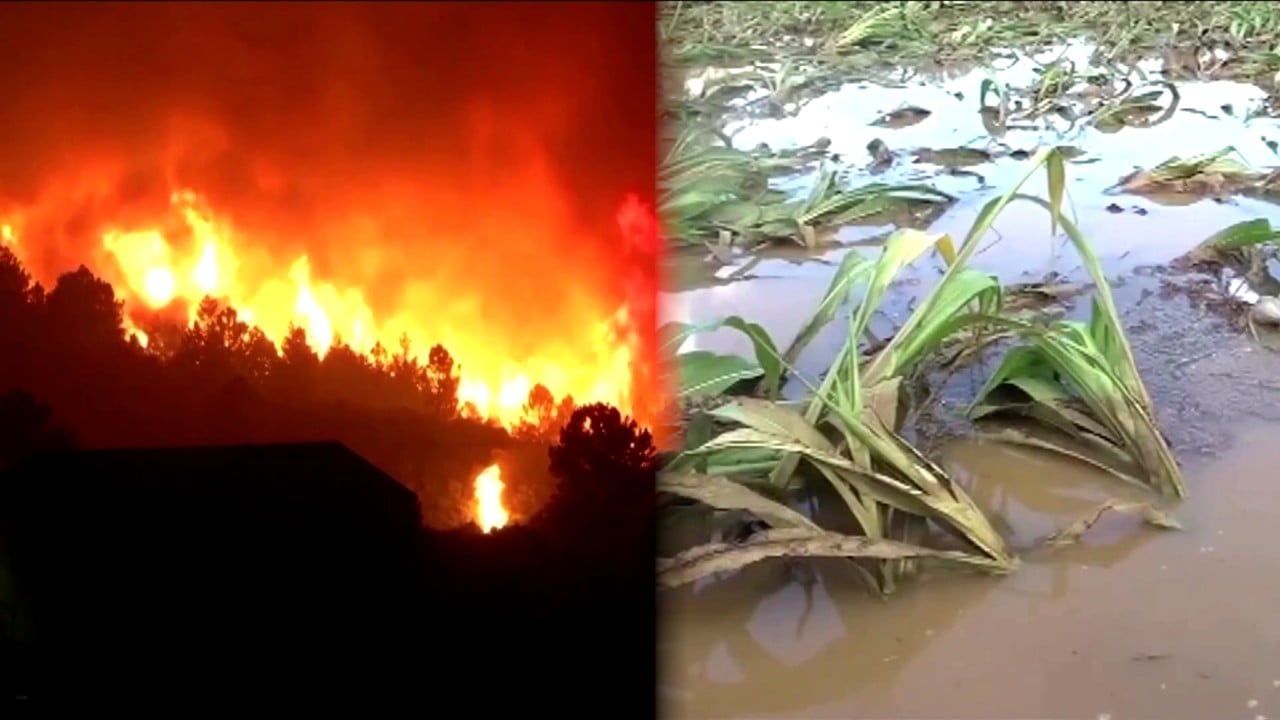2023 confirmed as planet Earth’s hottest year ever, and ‘very likely’ warmest in 100,000 years
- Last year broke the previous record by a large margin, as climate change, and El Nino fuelled record temperatures
- The surging temperatures exacerbated heatwaves, floods, and wildfires

Last year was the planet’s hottest on record by a substantial margin and likely the world’s warmest in the last 100,000 years, the European Union’s Copernicus Climate Change Service (C3S) said on Tuesday.
Scientists had widely expected the milestone, after climate records were repeatedly broken. Since June, every month has been the world’s hottest on record compared with the corresponding month in previous years.
“This has been a very exceptional year, climate-wise … in a league of its own, even when compared to other very warm years,” C3S Director Carlo Buontempo said.
C3S confirmed 2023 as the hottest year in global temperature records, going back to 1850. When checked against paleoclimatic data records from sources such as tree rings and air bubbles in glaciers, Buontempo said it was “very likely” the warmest year in the last 100,000 years.
On average, in 2023 the planet was 1.48 degrees Celsius warmer than in the 1850-1900 pre-industrial period, when humans began burning fossil fuels on an industrial scale, pumping carbon dioxide into the atmosphere.
Countries agreed in the 2015 Paris Agreement to try to prevent global warming surpassing 1.5 Celsius (2.7 degrees Fahrenheit), to avoid its most severe consequences.
The world has not breached that target – which refers to an average global temperature of 1.5 Celsius over decades – but C3S said that temperatures had exceeded the level on nearly half of the days of 2023 set “a dire precedent”.

